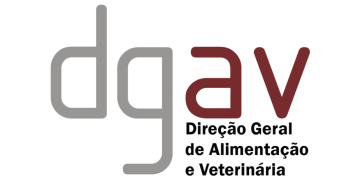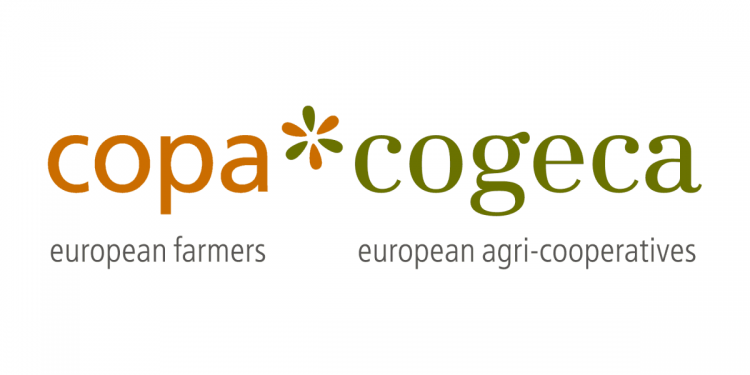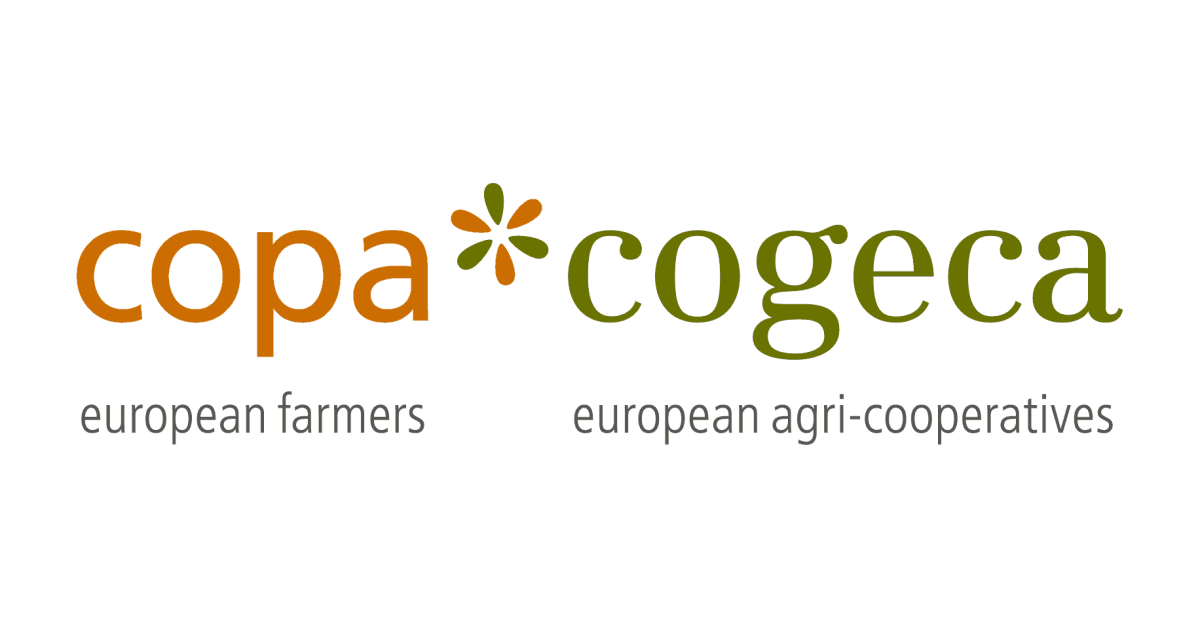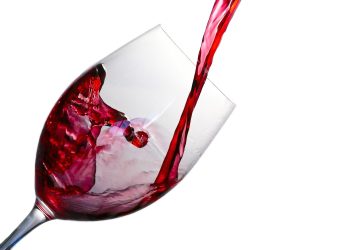It is a topic that is receiving more and more attention: the European wine sector is experiencing a particularly difficult time. As it is often the case in agriculture, there is no single cause, but rather a combination of factors. Overall consumption in Europe is decreasing, consumer preferences are rapidly changing, and vine cultivation is becoming more complex due to climate change. At the same time, the agronomic tools available to winegrowers are often inadequate, especially if aggravated by commercial and regulatory uncertainties. Despite these challenges, the sector remains a leader in agricultural exports, generating €130 billion per year (0.8% of European GDP) and employing 2.9 million people, keeping many renowned territories across the EU vibrant.
The situation in the sector requires action at all levels: local, national and European. In my role as Chair of the Copa and Cogeca Wine Working Party, I would like to focus this opinion piece on the responses at the EU level. For winegrowers, the European response currently depends on the recent creation by the Commission of the “High Level Group on the Future of the EU Wine Sector”, which held its first meeting on 11 September.
As an emergency response to the crisis affecting many wine-growing regions, discussions focused on the possibility of grubbing up vineyards. I believe that uprooting is an extreme, temporary measure that can be useful in specific local contexts. However, long-term stability and growth should be achieved through mechanisms designed to manage the market changes we are currently experiencing. In this context, I would be in favour of a ‘temporary’ eradication mechanism rather than a permanent solution. I know all too well that no one likes to eradicate years of work, rather, giving the necessary time to recover from a difficult moment makes more sense.
One measure that would greatly benefit winegrowers is an adjustment of the replanting authorisation system. Extending the validity of replanting authorisations from 3 to 8 years would allow for a longer rest period for the soil (which would improve the ecological benefits of the vineyard) and give winegrowers the time they need to assess market changes and replant the right varieties at the right time. We must consider that these authorisations are already in the producer’s portfolio, and, therefore, would not affect the national count.
Remaining on the longer-term levers of European action, there is one field of action that has so far been a real “European success” and that in my opinion should be mentioned more often: the promotion and policy of GIs. Today we have over 1600 wine protected designations at European level. In the past, EU promotional policies have played a crucial role in helping us establish ourselves in new markets, and there is still a lot of work to be done in this area. For example, the wine cooperative I preside exports 85% of the production. Wine serves as a gateway for European products in many international markets, and the EU must continue to support these promotional programmes. Similarly, the extension of real promotion campaigns towards the domestic market could also support the dynamism of the sector.
Regarding climate change adaptation and mitigation, the sector has already made significant progress in reducing the impact over the years. However, we need the EU to respond faster and simplify the implementation of crisis mechanisms (e.g. distillation and private storage) at national level, to better respond to crisis situations. Greater flexibility in the management of the national sectoral budget, in particular by allowing unspent funds to be carried over to the following year’s budget, would provide the sector with greater stability and planning security.
We must also focus on restoring the competitiveness of the sector. Since the publication of the Draghi Report there has been growing awareness, particularly in the industrial sector, but agriculture also has considerable room for improvement. Wine is an innovative sector, but for innovation to thrive, we need to regain our margins. Rising interest rates and inflation pose fundamental challenges for operators, and addressing these obstacles will be key to finding new market opportunities.
Finally, our sector can count on a dynamic network. Our cooperative wineries are a valuable tool for strengthening the role of producers in the value chain, and this should not be overlooked by EU policymakers. During the European election campaign, agriculture was the focus of many debates, but the role of cooperative as a key tool was often absent from the dialogues held. This gap has been noted since, and I hope there will be greater focus in further developing their potential.
For cooperatives, it is proposed to consider their total turnover in relation to the number of members (e.g. for investment measures) when calculating public support. In other words, cooperatives should be classified as SMEs, as they often comprise hundreds, if not thousands, of micro and small producers. It makes no sense to penalize small producers because of the business model they are part of.
These are just some of the concrete proposals that I, together with my colleagues in the Copa-Cogeca Wine Working Party, intend to present to the European Commission at the beginning of this legislature, and which we have already presented at the first meeting of the ‘High Level Group’ I hope that amid all the discussions surrounding wine in Brussels, our proposals will be heard, as the current situation on the ground urgently requires decisive actions.
Luca Rigotti, Grape Producer and President of the Copa-Cogeca Wine Working Party
Fonte: Copa Cogeca



















































